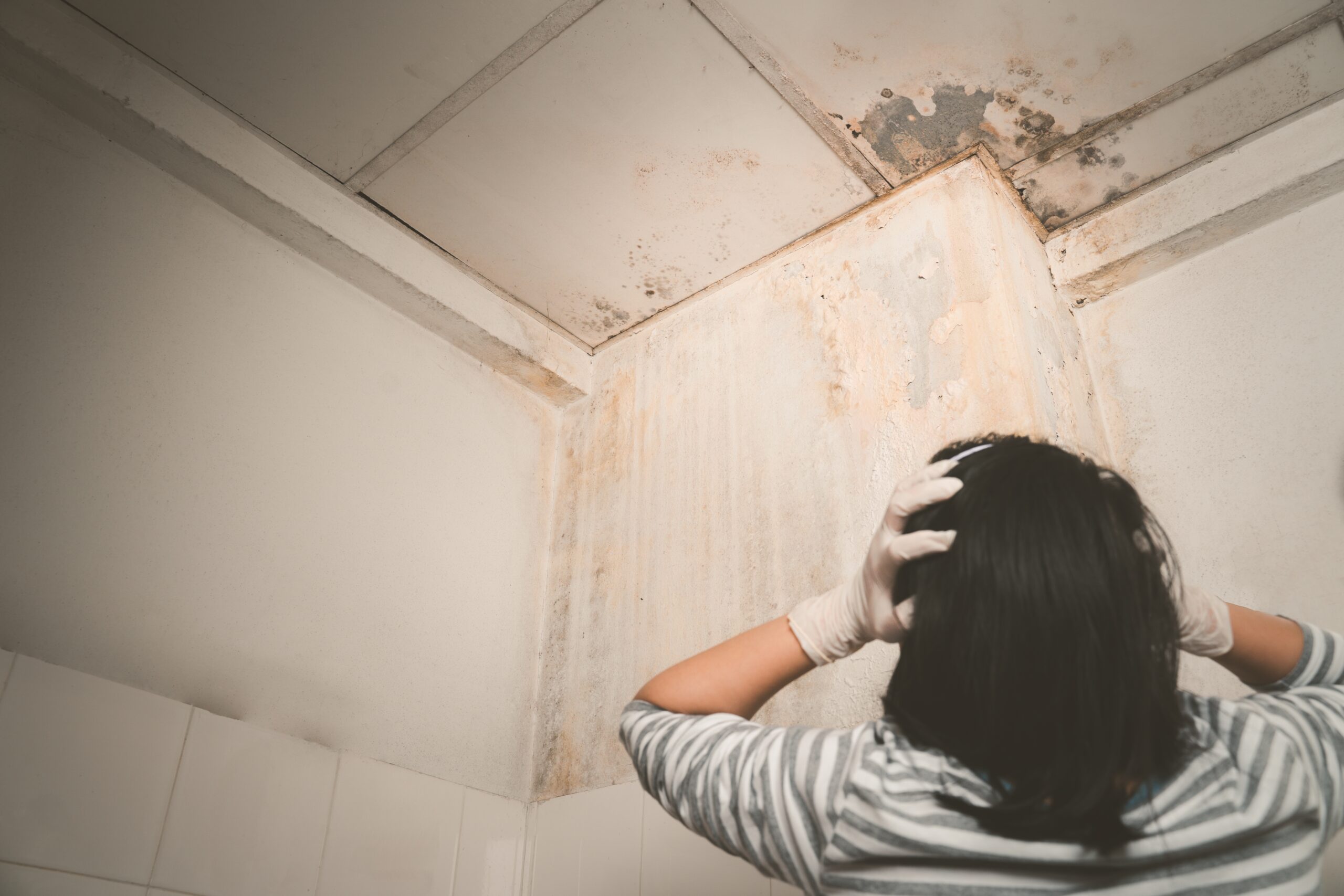Household Bills
Over six million people living in poor quality housing

Nearly 10% of people, or around 6.5 million people, are living in poor quality housing, with young people, ethnic minorities and those with disabilities or low income more likely to live in such properties.
Research conducted by Resolution Foundation, which used an online YouGov survey funded by The Health Foundation, found that renters were more likely to live in poor quality housing with 30% of private renters living in damp conditions.
Poor quality housing is defined as properties “not in a good state of repair” and that have damp or where heating, electrics or plumbing are not working properly.
The report added that 29% of social renters live in a property not in a good state of repair.
Resolution Foundation said that young people are “disproportionately likely” to live in poor quality housing. Around 18% of 18 to 34-yer-olds live in poor quality housing, the equivalent of 2.6 million people.
This compares to 6% of over-45s living in poor quality housing.
It continued that families in the lowest income quintile are more than five times more likely than families in the highest income quintile to be in poor quality housing.
People from Pakistani and Bangladeshi backgrounds are also over four times more likely than those with White backgrounds to be living in poor quality housing.
It noted that people from Black backgrounds are more than three times as likely to live in poor quality properties.
Londoners are twice as likely to be living in poor quality housing at 16%. This compares to Northern Ireland and the North East who had the lowest poor quality housing rating at seven per cent apiece.
The report continued that those with disabilities or single people were more likely to live in poor quality homes.
Renters in poor quality housing more likely to worry about costs
Resolution Foundation said that around six in 10 private and social renters and five out of 10 mortgagors in poor quality housing were worried about meeting their housing costs in the future.
This compares to four in 10 private and social renters and two in 10 mortgagors not in poor quality housing who are worried about meeting costs.
The report said that those living in poor quality housing were twice as likely to have poor general health compared to those who didn’t at 22%.
It noted that after controlling for income-related and demographic factors, this gap narrows but it was still present. People in poor quality housing were four percentage points more likely to say their general health is poor.
The report said that people living in poor quality housing are six percentage points more likely to have had poor mental health than those who do not.
Resolution Foundation said that renters were under pressure as new rents had risen by 10% over the last 12 months, and mortgagors would come under pressure due to higher interest rates.
It noted that 1.8 million households on fixed rates were due for renewal in 2023 and 2024, and two million “floating rate” mortgages had already experienced a “large hike” in their housing costs.
Government needs to improve affordable housing stock
The report said that problems with housing quality “have not just sprung out of thin air” and were due to longer-term structural issues like underinvestment in social housing, and weak regulation of housing conditions in the private rented sector.
It continued that the stock of affordable homes relative to families has fallen by around 40% since the 1980s.
Resolution Foundation said that official data showed the proportion of non-decent quality homes had fallen since 2011, but housing quality “still poses a range of problems for too many people”.
“The government has committed to use the law to make improvements to social housing: an amendment to the Social Housing (Regulation) Bill – known as Awaab’s Law – will require social landlords to fix housing quality issues, including damp and mould, within a strict amount of time.
“But the government must also focus on building new affordable housing, both for rent and for purchase,” it said.